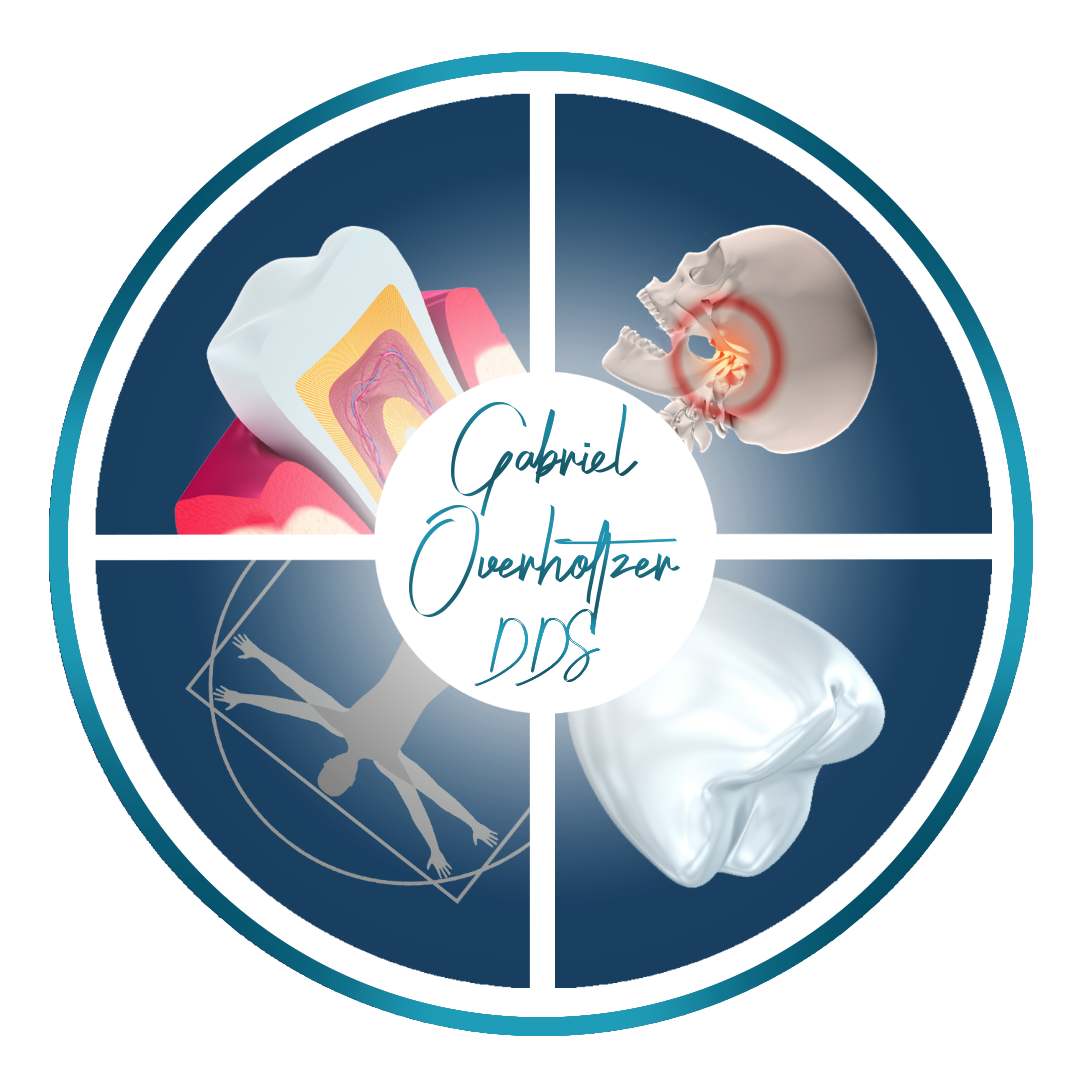Teeth grinding, also known as bruxism, is a common dental issue that affects individuals of all ages. While it may seem like a harmless habit, teeth grinding can have a significant impact on your dental health. In this article, we will explore the various ways in which teeth grinding can affect your teeth and overall oral well-being.
1. Tooth Damage
One of the most immediate and noticeable effects of teeth grinding is tooth damage. The constant grinding and clenching exert excessive force on the teeth, leading to wear and tear. Over time, this can result in flattened, chipped, fractured, or even broken teeth. The damage may be particularly pronounced on the molars, where the grinding forces are often concentrated.
2. Tooth Sensitivity
Teeth grinding can cause tooth sensitivity, making hot or cold foods and beverages painful to consume. The enamel, the protective outer layer of the teeth, can become worn down, exposing the sensitive dentin beneath. This can lead to heightened sensitivity to temperature changes, sweet or acidic foods, and even brushing and flossing.
3. Jaw Pain and TMJ Disorders
The excessive pressure exerted by teeth grinding can strain the jaw muscles and joints. This can result in chronic jaw pain, headaches, and temporomandibular joint (TMJ) disorders. TMJ disorders can cause jaw clicking, popping, and limited jaw movement, impacting the overall comfort and function of the jaw.
4. Gum Recession
Teeth grinding can also lead to gum problems, including gum recession. The constant pressure on the teeth can cause the gums to recede, exposing the sensitive tooth roots. Receding gums not only affect the appearance of the smile but also increase the risk of tooth decay and root sensitivity.
5. Accelerated Tooth Wear
Bruxism accelerates the natural wear and tear of teeth. This premature tooth wear can lead to a loss of tooth structure, affecting both the appearance and function of the teeth. It may also necessitate restorative dental procedures, such as dental crowns, to rebuild and protect damaged teeth.
6. Disrupted Sleep Patterns
Teeth grinding often occurs during sleep, leading to disrupted sleep patterns for both the grinder and their sleep partner. Frequent awakenings during the night can result in daytime fatigue, irritability, and other adverse health effects.
Conclusion
Teeth grinding is more than just a bad habit; it can have a significant impact on your dental health. The consequences of bruxism include tooth damage, sensitivity, jaw pain, TMJ disorders, gum recession, accelerated tooth wear, and disrupted sleep patterns. Recognizing the signs of teeth grinding and seeking timely intervention from a dentist or dental specialist is crucial to prevent or mitigate these adverse effects. If you are Bishop, opt for effective treatments of teeth grinding 93514 by visiting Skyline Family Dental – Gabriel Overholtzer DDS. The treatment may include the use of custom-fitted mouthguards, stress management techniques, and lifestyle modifications. By addressing teeth grinding proactively, you can protect your dental health and enjoy a pain-free, healthy smile.
